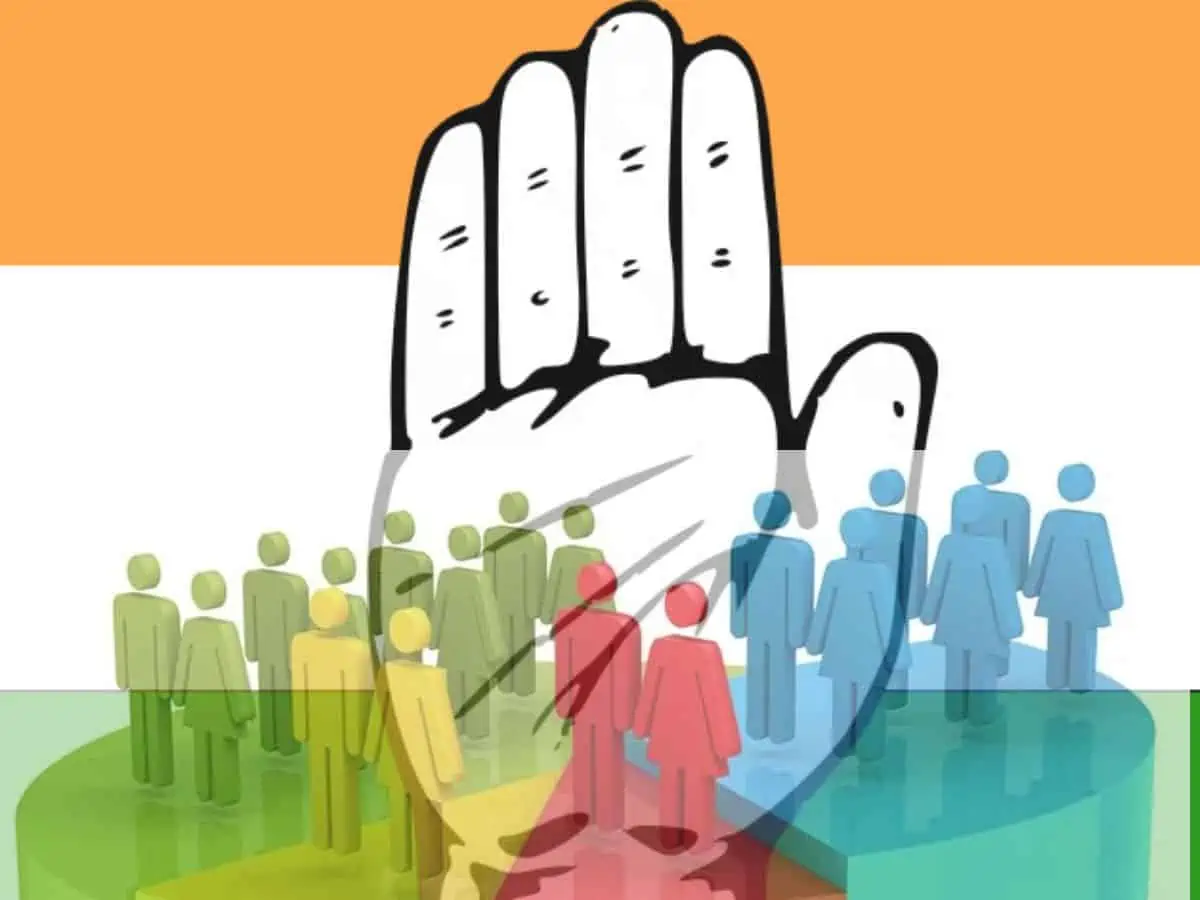Congress Party’s Electoral Strategy
As the political landscape of India undergoes continuous flux, the Congress party’s strategic approach to the forthcoming Lok Sabha elections is marked by meticulous planning, inclusive representation, and adaptability to evolving circumstances. With the release of its second candidate roster, comprising 43 names from key states like Assam, Madhya Pradesh, and Rajasthan, the party has unveiled a carefully curated lineup aimed at maximizing electoral prospects while staying true to its core principles of inclusivity and diversity.
Strategic Planning and Candidate Selection
At the forefront of the candidate selection process is KC Venugopal, the Congress general secretary, whose announcement of the second list underscored the party’s meticulous approach to candidate selection. Venugopal’s assertion regarding the clearance of around 43 names by the Central Election Committee (CEC) highlights the rigorous scrutiny that potential candidates undergo, ensuring that only the most deserving and viable contenders are fielded.
Diversity in Representation
One of the defining features of the second candidate list is the emphasis on representation from diverse social and demographic backgrounds. By nominating candidates like Gaurav Gogoi from Jorhat, Nakul Nath from Chhindwara, and Vaibhav Gehlot from Jalore, the Congress has demonstrated its commitment to inclusivity and regional representation. Notably, the absence of certain senior leaders like Ashok Gehlot, Digvijaya Singh, and Kamal Nath from the candidate list suggests a strategic realignment of resources and a focus on nurturing emerging leadership.
Openness to New Members
The nomination of Rahul Kaswan, a former BJP member who recently joined Congress, for the Churu seat in Rajasthan exemplifies the party’s openness to embracing defectors and expanding its political footprint. Kaswan’s inclusion not only underscores the party’s pragmatic approach to coalition-building but also reflects its confidence in its ability to attract diverse talent from across the political spectrum.
However, the absence of Abdul Khaleque from the candidate list highlights the party’s discerning approach to candidate selection, prioritizing meritocracy and electoral viability over incumbency or seniority. This nuanced approach ensures that the party fields candidates who are not only representative of the electorate but also capable of mounting a strong electoral challenge.
Balanced Representation
The composition of the candidate list also reflects the Congress’s concerted effort to strike a balance between experience and youthfulness. With 13 OBCs, 10 Dalits, nine tribals, one Muslim, and 10 general candidates making the cut, the party has succeeded in presenting a diverse slate of candidates that mirrors the country’s rich social fabric. Additionally, the age distribution of the candidates, with 25 below 50 years, eight aged between 50 and 60, and 10 above 60, ensures a blend of fresh perspectives and seasoned leadership.
Understanding Regional Dynamics
The significance of the candidate reshuffling is particularly pronounced in Assam, where incumbents like Gogoi and Pradyut Bordoloi seek re-election from Jorhat and Nagaon respectively. The strategic placement of candidates in key constituencies underscores the party’s keen understanding of regional dynamics and its commitment to fielding candidates with strong grassroots support.
Furthermore, the nomination of Rohan Gupta from Ahmedabad East and the strategic collaboration with AAP in Bharuch and Bhavnagar highlight the Congress’s proactive engagement in Gujarat. By forging alliances and leveraging synergies, the party aims to maximize its electoral gains and present a united front against its political adversaries.
Vision for Governance
As the countdown to the Lok Sabha elections begins, the Congress remains agile and adaptable, with further deliberations anticipated in the upcoming Central Election Committee meeting scheduled for March 15. This ongoing strategic recalibration exemplifies the party’s responsiveness to changing political dynamics and its commitment to presenting a formidable electoral challenge.
With a diverse array of candidates representing various demographics and regions, the Congress is well-positioned to articulate a compelling vision for inclusive governance and equitable development. As the electoral battle heats up, all eyes will be on the Congress as it seeks to translate its strategic planning into electoral success and emerge as a potent force in Indian politics once again.
In conclusion, the Congress party’s strategic planning, emphasis on diversity, and adaptability position it well for the upcoming Lok Sabha elections. With a balanced slate of candidates and readiness to embrace new members, the party aims to reaffirm its significance in Indian politics by translating its efforts into electoral success.
